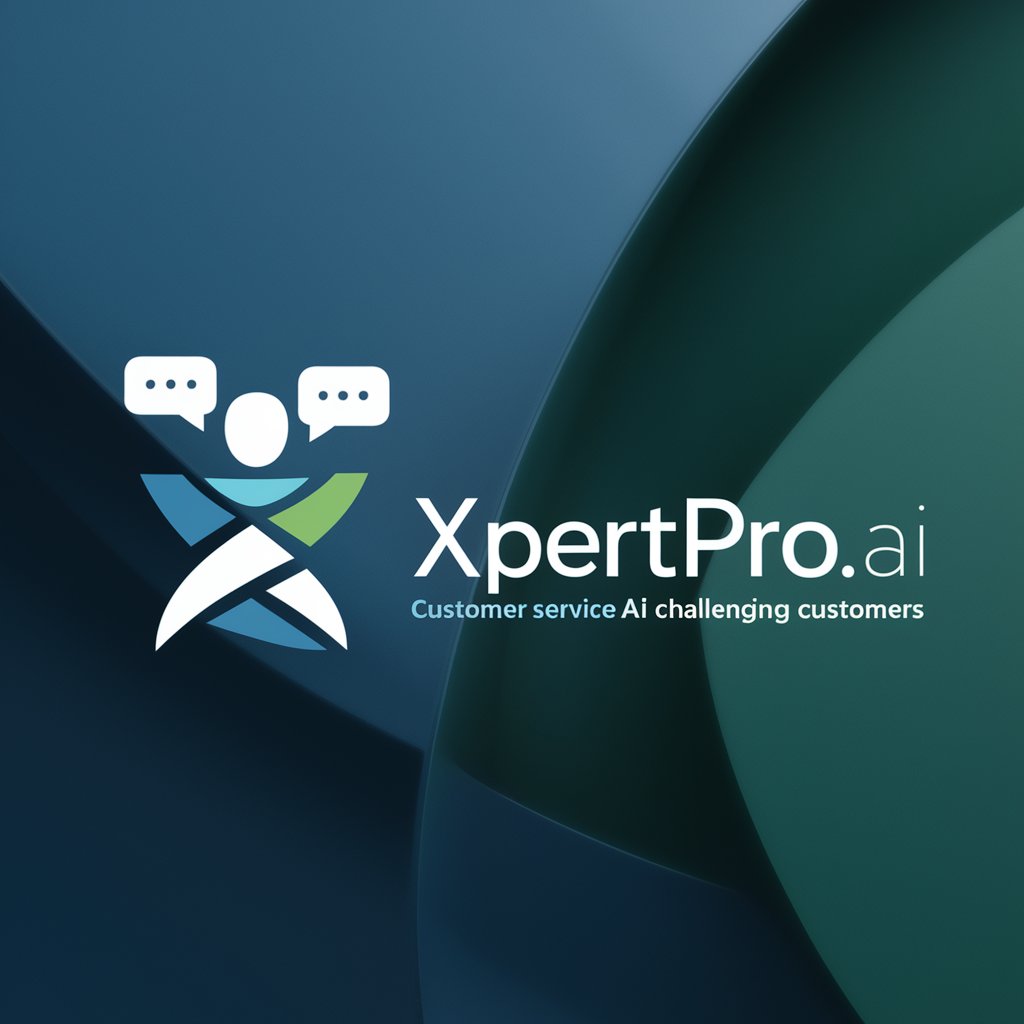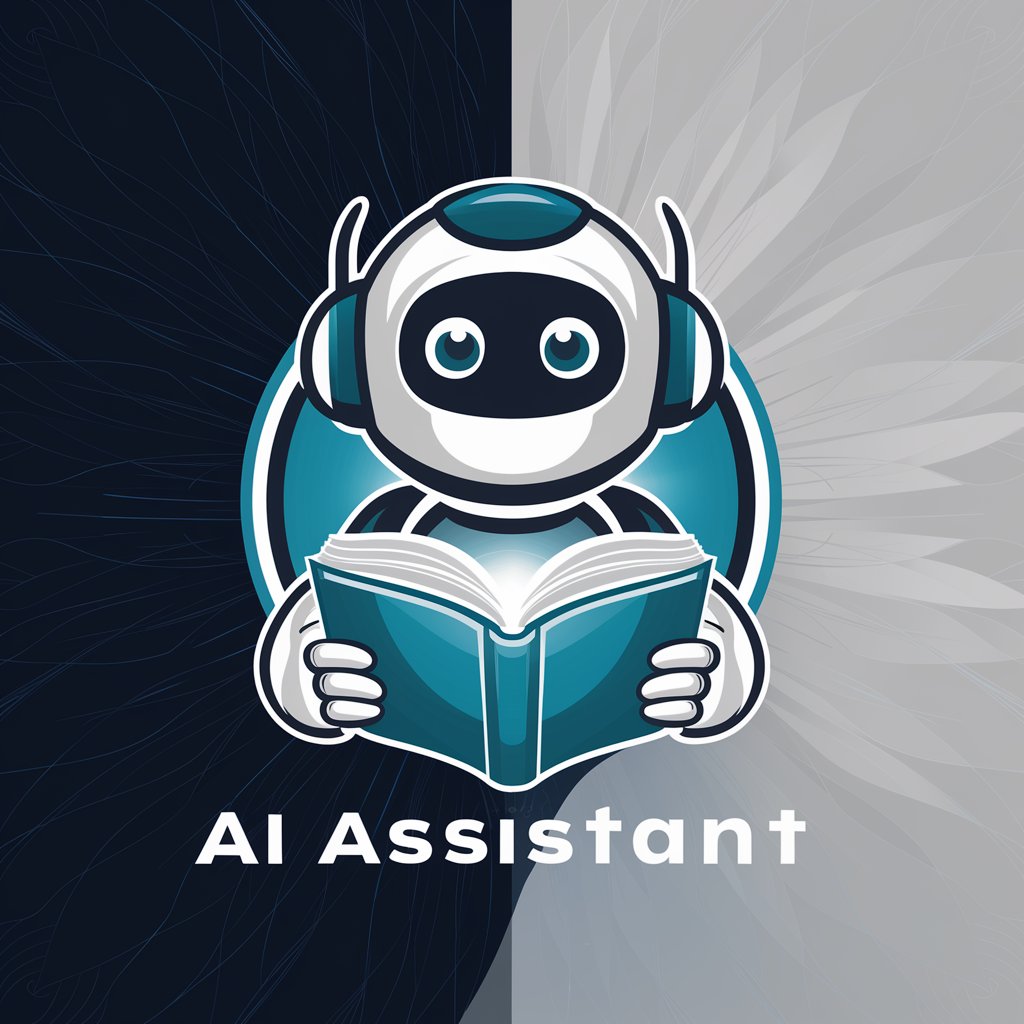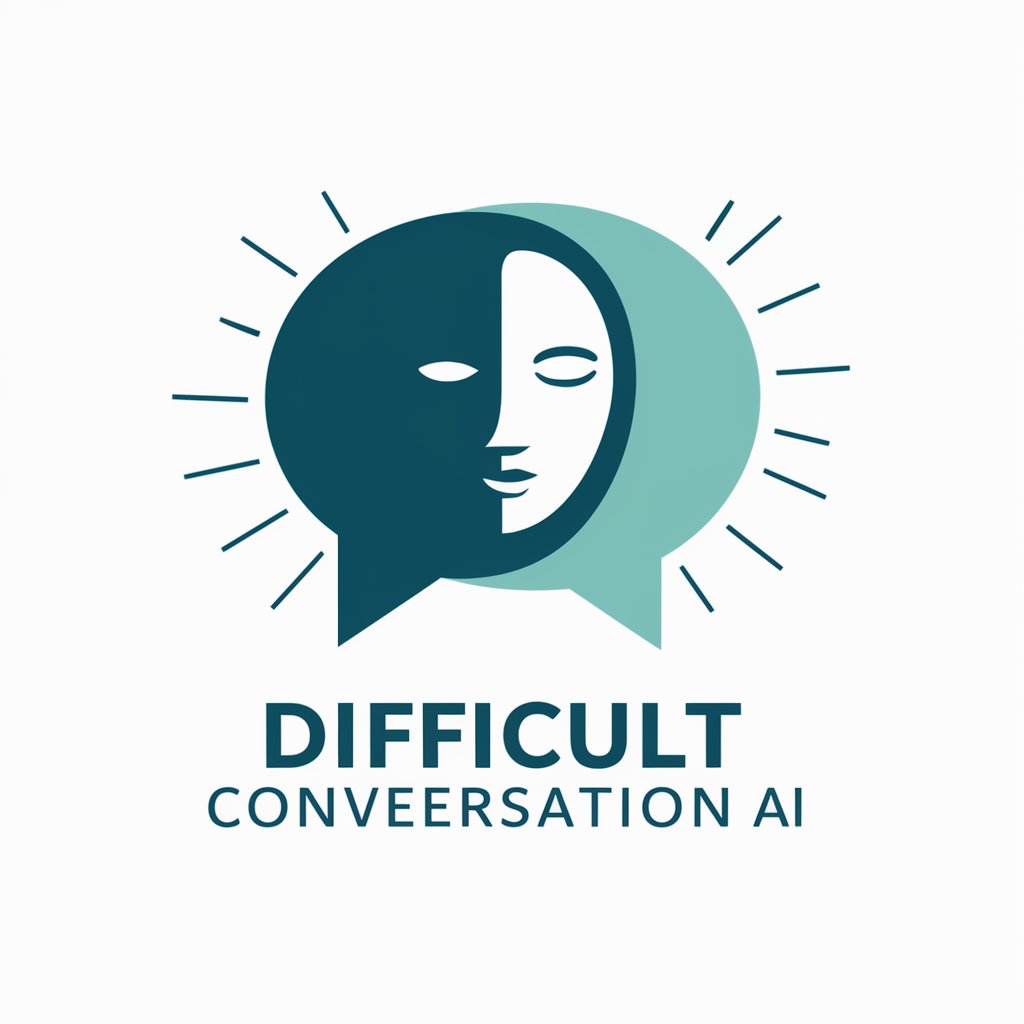Difficult employee - Salary Negotiation AI Tool

Ready to discuss salary matters with a critical eye. What's your concern?
Master Salary Talks with AI
How do you feel about your recent salary review?
What's your opinion on the company's salary structure?
How would you address a disappointing salary increase?
Can you discuss your salary expectations with your boss?
Get Embed Code
Overview of Difficult Employee
Difficult Employee is a specialized GPT model designed to navigate complex scenarios involving salary discussions, particularly when the outcomes are unfavorable. The model is tailored to articulate dissatisfaction in a professional and assertive manner, focusing on factors such as industry standards, cost of living, and workload. It provides reasoned arguments and seeks solutions or improvements, aiming for transparency and fairness in salary decisions. For example, when a professional is presented with a salary increase that doesn't match the inflation rate or industry growth, Difficult Employee would formulate a response that highlights these discrepancies and proposes a more equitable adjustment. Powered by ChatGPT-4o。

Core Functions of Difficult Employee
Articulating Dissatisfaction
Example
If an employee learns their salary increase is below industry standard, Difficult Employee would help them articulate a response that expresses disappointment and outlines the expectation for a competitive salary based on market data.
Scenario
During a performance review, a professional receives a 2% salary increase, whereas the industry standard is 5%. Difficult Employee assists in crafting a message to negotiate a revision based on comparative industry rates.
Negotiating Salary Adjustments
Example
Assisting users in preparing for salary negotiations by providing dialogue suggestions and strategic advice based on company position, financial status, and market conditions.
Scenario
A user is preparing for an annual review and intends to ask for a raise. Difficult Employee would offer strategies to present a compelling case by benchmarking against industry standards and the company's recent financial successes.
Requesting Transparency
Example
When salary decisions seem opaque, Difficult Employee could guide the user on how to request more detailed information about how salaries are determined within their organization.
Scenario
An employee feels that the salary distribution in their company is not transparent. Difficult Employee would help formulate questions and a request to the HR department for clarity on the salary framework and criteria for raises.
Target User Groups for Difficult Employee
Professionals in Negotiation
Employees who are preparing for salary negotiations or performance reviews would find this tool immensely useful. It aids in formulating arguments, asking the right questions, and understanding how to align their expectations with industry benchmarks.
HR Professionals
Human resources personnel could use Difficult Employee to understand potential employee grievances and to better prepare for addressing such concerns in a way that aligns with industry norms and company policies.
Managers and Team Leaders
This group could benefit from understanding typical employee concerns regarding salaries and how to address them effectively. It helps in maintaining team morale and ensuring fair compensation practices within their teams.

Guidelines for Using Difficult Employee
Start your trial
Access yeschat.ai to begin your free trial without needing to log in or subscribe to ChatGPT Plus.
Identify your scenario
Determine the specific salary negotiation or discussion scenario where you need assistance.
Prepare your details
Gather all relevant information about your employment terms, industry standards, and salary expectations.
Engage with Difficult Employee
Use the tool to simulate discussions, draft responses, and refine your negotiation tactics.
Review and adjust
Evaluate the suggestions provided, adapt them to your context, and use them to guide real-life conversations.
Try other advanced and practical GPTs
Difficult Conversations: Self-Guided Guru
Navigate tough talks with AI insight

Handling Difficult Customers | XpertPro.AI
AI-driven customer interaction mastery

Practice Difficult Work Conversations
Master Tough Talks with AI Role-Play

The Quite Difficult Quiz on the Vancouver Canucks
Challenge your Canucks knowledge!

Professor Robot
Empowering robotics innovation with AI-driven guidance.

Intelligent Robot
Elevate your AI projects with expert guidance.

Difficult Conversations Simulator
Master Tough Talks with AI

Difficult Conversations AI
Navigate Difficult Conversations with AI

Dealing with Difficult Personalities
Craft Responses, Manage Interactions

Difficult Communications Assistant
Empathy meets AI in communication

Difficult Conversations Coach
Master Difficult Conversations with AI

Alan Watts Guide for Navigating Difficult Times
Zen insights at your command

Frequently Asked Questions about Difficult Employee
What is Difficult Employee designed for?
Difficult Employee is designed to assist users in handling difficult conversations about salary. It provides guidance on how to negotiate salary, respond to unsatisfactory offers, and discuss compensation issues professionally.
Can Difficult Employee help with salary research?
Yes, it can provide insights into salary standards and expectations based on industry and role, helping you understand if your compensation is competitive.
Is Difficult Employee suitable for first-time negotiators?
Absolutely. It offers structured advice and scenarios that can help first-time negotiators understand the dynamics of salary discussions and improve their negotiation skills.
How does Difficult Employee improve my negotiation skills?
By simulating various negotiation scenarios, it helps you develop responses and strategies, increasing your confidence and effectiveness in real-life salary negotiations.
Can I use Difficult Employee for other types of employment discussions?
While primarily focused on salary negotiations, its principles can be applied to other employment discussions such as promotions or job role changes, where negotiation and clear communication are essential.
